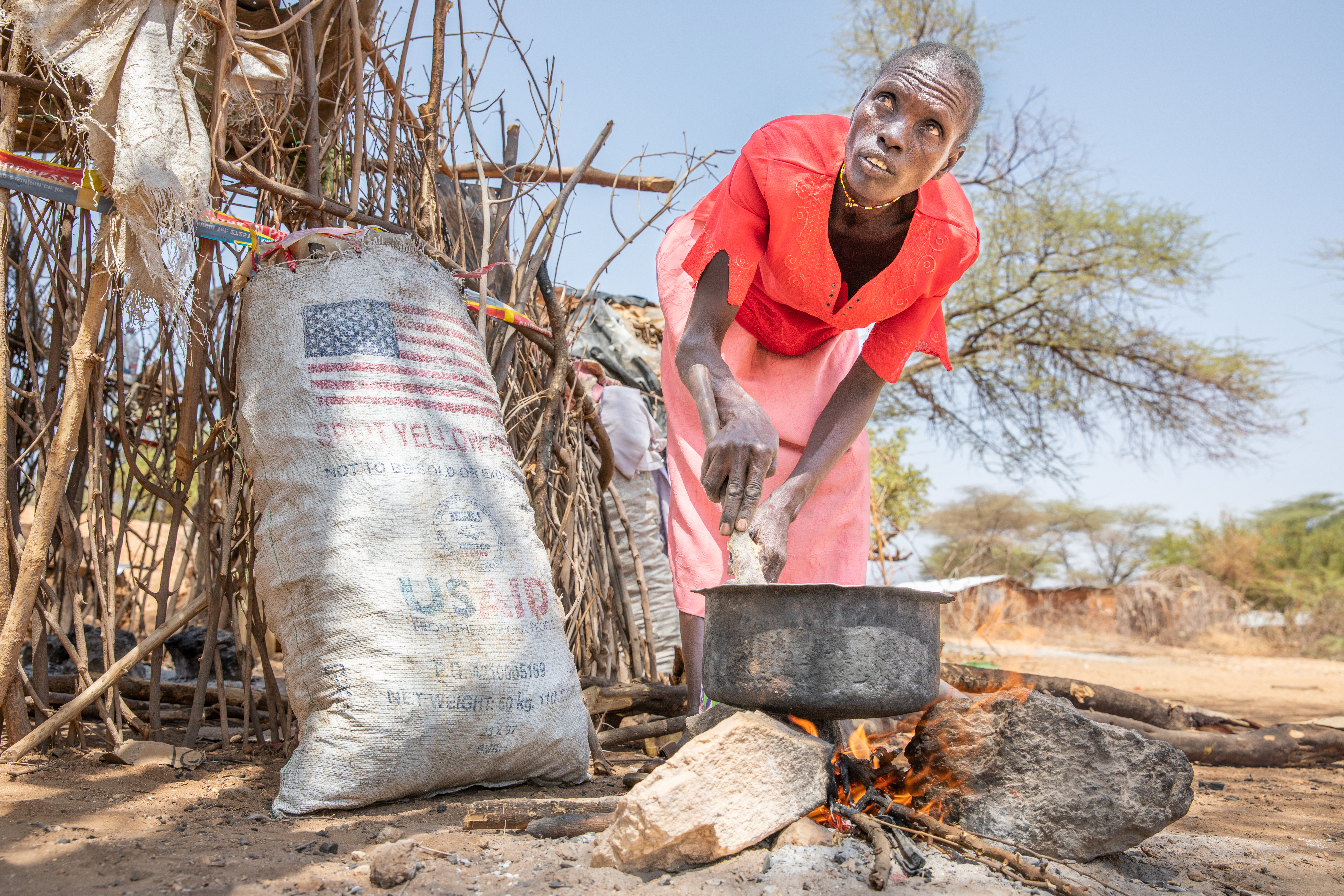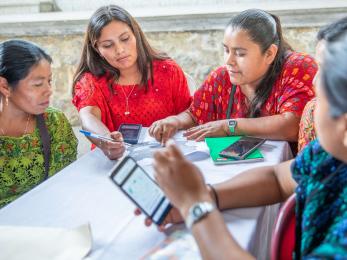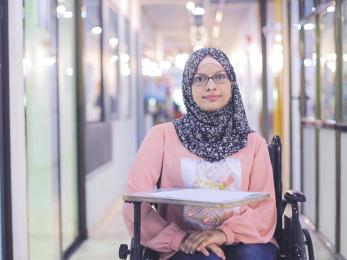Radio repurposed: An old technology offers girls new chances
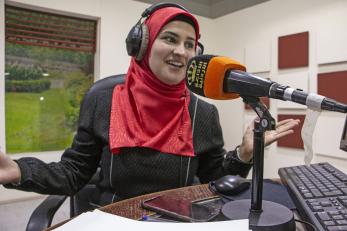
In March 2020, the world changed. With COVID‑19 lockdowns and travel bans worldwide, online connection replaced in-person interaction. For students from kindergarten to college, school switched to virtual platforms and learning from home.
But how do you learn from home with no smartphone or internet access?
In much of the world, that’s reality. Especially for girls, the combination of sudden school closure plus no online alternative is more than a setback — it can endanger their futures. Being out of school can mean added household responsibilities, pressure to marry early, and more.
Read more on the effects of COVID‑19 on girls’ education.
So how do we ensure that girls without in-person or online education continue to thrive during the pandemic? By bringing new purpose to an old technology: radio.
From Nigeria to Nepal to Jordan, the stories below share how Mercy Corps and radio help young women continue to pursue education — and get closer to their dreams — despite the barriers of COVID‑19.
Nigeria
In Nigeria, Rahina (a participant in Mercy Corps girls’ education program) says, "There was no way I would have been able to learn anything this period because no one in my house has a smartphone I can use for online classes.”
Our Nigeria program works with marginalized girls to help ensure they complete secondary school. After COVID‑19 school closures, we collaborated with local partners to offer a radio literacy program, teaching English, Mathematics and Life Skills.
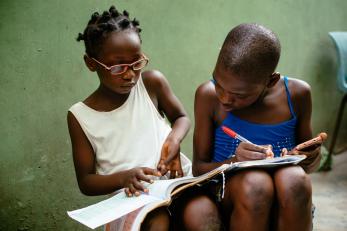
An added bonus: the whole family can tune in. A student’s mother, Fatima, says: "It has not just been helpful to me but to my family as a whole, myself and my children sit to listen to the radio and learn together, and it is fun to learn together as a family.”
Nepal
With graduation exams around the corner, grade 10 students in rural Nepal were worried about how COVID‑19 school closures would affect them. Laxmi, a student and participant in Mercy Corps girls’ education program, said: “At first I thought our exams would be postponed for a few weeks or so. But as the weeks turned into months, the level of uncertainty grew.”
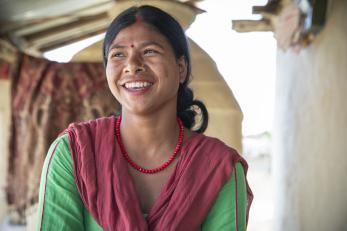
We found that distance learning through mediums like the internet and TV were not feasible — many students lacked internet access and hardware like laptops, smartphones and televisions. We chose to disseminate lessons through local FM stations — the most popular and accessible source of information in the region. The radio sessions helped students recall what they had learned in the academic year to better prepare for exams.
Jordan
In Jordan, radio provides more than a medium for education — it’s a chance for youth to share their own voices on the air.
Mercy Corps partnered with Masmoo3, the first company producing Arabic audiobooks in Jordan. Masmoo3 provides professional training for youth to become narrators for scripts of audiobooks, advertisements, cartoon characters, audio translation and documentaries.
Shorouq (pictured in top image) is one of twelve Syrian and Jordanian youth learning voice playback and audiobook narration in the program. She says:
“I have been passionate about this field since I was little. Thanks to this opportunity, I managed to combine my passion in media with my university degree in Education, to produce and direct my own radio show which focuses on family education.”
Mercy Corps programs continue to adapt to the shifting demands of communications during COVID‑19. Whether online, in person, or on the radio, we know we must use every available tool to reach people safely where they are now, while building foundations for a more prosperous future.
